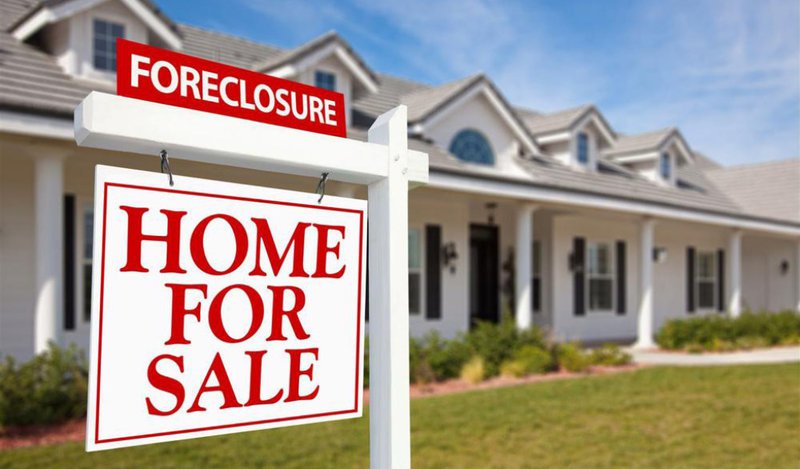We’ve heard of stories of how some people lost their dream house after a bank or lending institution seized it for various reasons. Most of the time, these situations come out from failing to pay their debts. If not, they fail to pay their mortgage loans that resulted in seizing their properties. These people enlist their properties as collateral should they fail to honor their contract terms. These homes are known as real estate owned properties in real estate marketing.
As a real estate agent, it might have crossed your mind to buy these foreclosed properties. You might think it’ll save you more money if you buy these properties at a lower price. Then end up selling or auctioning it based on the market’s value. But before you actually think of investing in REO, here’s everything you should know about it.
Is It Worth It To Buy Foreclosure As Part Of Your Real Estate Marketing Plan?
On Foreclosing Auctions
You’ll often see these foreclosed properties in auctions. The truth about foreclosed properties is that the prices aren't set according to the home's actual value. Oftentimes, the auctioned price based on the computation of unpaid mortgage loans, interest, attorney's fees, and other costs that involved the foreclosure process.

You’re also more likely to end up buying the property above the market’s value. The banks need to set the price high to cover up their fees. Due to its high price, you should know that most of these properties don’t get sold in an auction.
When Foreclosed Homes Become REO Properties
Once a foreclosure doesn’t get sold in an auction, it becomes an REO property. The bank or lender will have to prepare the house for sale. This process includes clearing liens and removing the occupants from the property. Then, they will determine a listing price for the property.
If you decide to buy the foreclosure, you might also deal with all the hassle as stated above. Another downside you might get from purchasing REO is that most lenders don't do upgrades to the properties they sell. So you'll be getting the house “as is” should you decide to buy it.
Finding REO Listings
You may have many connections with banks or lenders, but don’t expect they’ll sell REO properties at an undervalued price. Even if they have thousands of properties in their inventory, their main goal is to cope with their fees and expenses. So it might be challenging for you to find an REO property with great features and affordable prices.
Making an Offer for REO Properties
If you still want to pursue buying REO properties, then you better read this section. Buying REO listing involves a complex process. You need to prepare a cover letter explicitly stating your willingness to buy the property "as is."
Aside from that, you also have to prepare an escape clause so that it can let you out of the deal if you find out the REO property has damage upon inspection. Research shows you’re not likely to inspect an REO property before submitting your offer.
Conclusion
If you want to increase your chances of acquiring REO properties, you need to make an offer close to their listing price. Should you pursue to offer a lower price as part of your real estate marketing plan, then you should state your reasoning to convince them in your cover letter.
You can also consult with a real estate attorney and contractor before making a deal. We also recommend you do some modifications in your properties to make it more appealing to the buyers before enlisting them.







